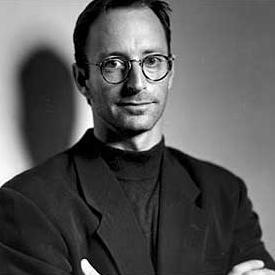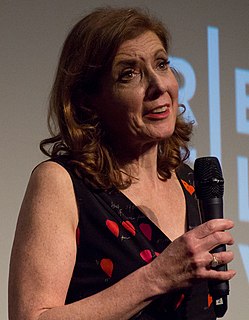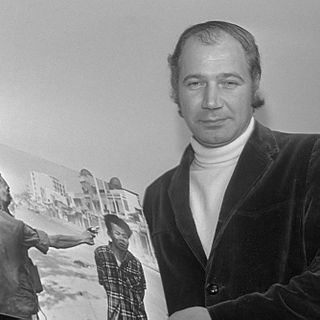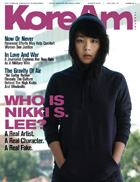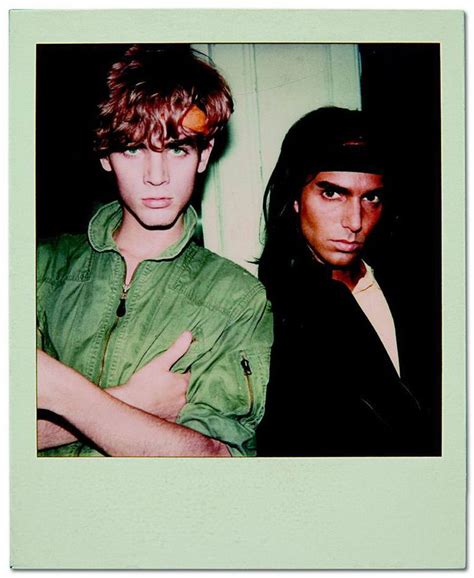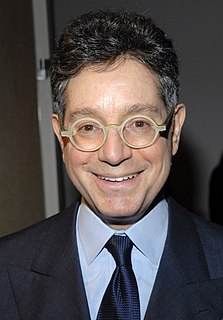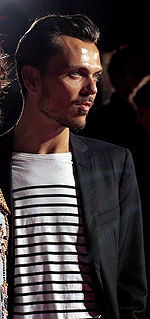A Quote by Herb Ritts
I'd go down to the end of my street, to a garage that had a certain feeling about it, or a particular light; I'd take a picture of a friend who needed a head shot. That's how I learned, instead of having school assignments and learning camera techniques.
Related Quotes
I'll never forget the moment when I saw a red light go on, on the camera, and that image translated to the monitor, and then a different light went on and the shot changed, and I went, "Wow, that's how it's done! That's how that gets to my TV! This is what I want to do with my life!" I literally had that moment of epiphany, at eight years old.
One of my first experiences with the space program was with the memorial that was built for the Challenger. When I was in 7th grade my entire class spent the entire school year preparing to launch a spaceship all together. We all had our different jobs that we had to learn how to do, we learned the math that you needed, we learned the practical skills that you needed, and I thought that was really cool. So I think that if you can take a tragedy and find the gold in it and turn it into something positive, that's great.
I was always in and out of school. What I learned in high school is that female friendships are so much more important than worrying about having a boyfriend or looking good or things like that. I had such a good girlfriend growing up that we didn't need anything. We had such a creative world of our own imagination together. For me, if I have a child, I would say, "I hope you find a best friend that makes it so you don't really need much but each other." Learning about that type of friendship and trust is one of the best things I ever got out of school.
I saw a man walk into my camera viewfinder from the left. He took a pistol out of his holster and raised it. I had no idea he would shoot. It was common to hold a pistol to the head of prisoners during questioning. So I prepared to make that picture - the threat, the interrogation. But it didn't happen. The man just pulled a pistol out of his holster, raised it to the VC's head and shot him in the temple. I made a picture at the same time. (On his 1968 photograph of the summary street corner execution of prisoner Nguyen Van Lem by South Vietnam's police chief, Lt. Col. Nguyen Ngoc Loan.)
There is a certain unique and strange delight about walking down an empty street alone. There is an off-focus light cast by the moon, and the streetlights are part of the spotlight apparatus on a bare stage set up for you to walk through. You get a feeling of being listened to, so you talk aloud, softly, to see how it sounds.
I don't want to carry big things around with me. I'm lazy. The snapshot camera, you just carry it around and take the picture. You don't need to think about anything. People in the street are not going to wait for you with a big camera. They would freak out. With a snapshot camera, they are comfortable.
At the beginning, Edo was a photographer, and I was more of a talent scout and doing styling and modelling. Then all of a sudden, in 1977, he gave me a Polaroid camera, and I discovered that instead of having to go to a lab and develop the film, I could just take a click and get a picture! It was genius, and I was very good at manipulating it.
When I was about 7 years old, I had been labeled dyslexic. I'd try to concentrate on what I was reading, then I'd get to the end of the page and have very little memory of anything I'd read. I would go blank, feel anxious, nervous, bored, frustrated, dumb. I would get angry. My legs would actually hurt when I was studying. My head ached. All through school and well into my career, I felt like I had a secret. When I'd go to a new school, I wouldn't want the other kids to know about my learning disability, but then I'd be sent off to remedial reading.
I remember, when I was 6 years old, we were having an event at school where different dolls were on display. I said that the tallest doll needed to be on the end, and my little friend said to me, 'Oh, you're just so bossy.' I remember thinking that wasn't a good thing. But I kept insisting the doll had to be on the end anyway.
